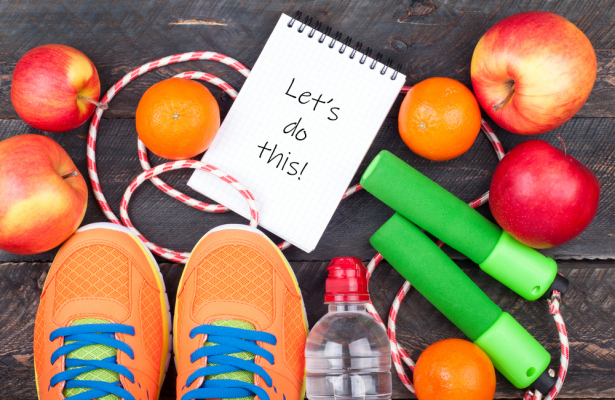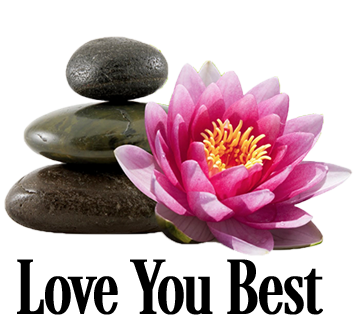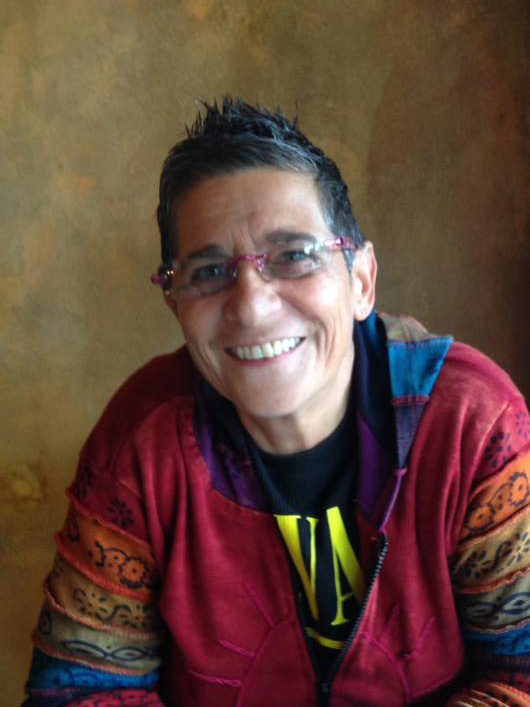Nutrition & Exercise F.A.Q.

Nutrition and Exercise FAQ
Nutrition FAQ
Nutrition and Exercise are extremely important, but we do not have to obsess over either, rather use the mind set of: slow and steady wins the race. With that being said, here is a short list of questions I get asked. I will start with the biggest obstacle I hear.
How do I lose weight when I can’t stop eating the things I love?
Once I ask a couple of questions, I realize they are speaking of the destructive delicious forces of pasta and bread…aka: carbs. It can be tricky to navigate through our comfort foods, but it is achievable.
Remember, you don’t have to eliminate what you love to eat, instead limit it and be mindful of your intake and how often. Your cupped hand is a guide to the amount of carbs per serving. We often turn to our comfort food due to triggers we may have. Be aware of why you want to eat in that moment. Are you actually hungry or are you experiencing anger, sadness or some other emotion?
If it is actual hunger, (drink 8 oz of water, if you are still hungry it is most likely actual hunger) eat what you love and try to incorporate it within the meal whenever possible. Focus your energy on the taste, texture and color of the food and when you are full, stop eating and save the rest for another time.
With a medium amount of effort on your part, you can eat what you love and lose weight if you stay within your set parameters.
I am on a diet, so why can’t I lose weight?
It will be important to recognize that “diets” are tricky; what works for one may not work for others. I often tell my clients about the first 3 letters of the word diet. I bring this up because ‘dieting” is not a sustainable way to live. It is more significant to make a lifestyle change.
Next, we have to look at eating habits; when you eat, why you eat, how fast and how much you eat etc…, and then we can devise a plan of how to distinguish between emotional hunger and physical hunger. Once we address the difference we can get started on how to reduce or avoid the emotional triggers.
It is crucial to change the thoughts in our heads in order to make the changes in our body. Creating a food diary could be very helpful in showing patterns; patterns allow us to see where changes can be made and what is working. Replace unhealthy habits with better choices while you eat what you love and feel better about it. The best “diet” for you is the one that works for you, period! End of sentence.
How do I know I am getting the proper nutrition?
This answer will vary as it can be age dependent as well as other factors, but here are some bullet points to know you are eating properly for you. We all need vitamins and minerals in our diets, so try to eat A-Z. I will put the list at the end of this FAQ (after the Exercise portion) if you have an interest in reading it.
If you feel:
- Alert
- Energized
- Get a good night sleep
- Have good muscle tone
- Have strong hair and nails and have
- Have regular daily bowel movements.
You are most likely getting the right nutrition, if the above is true for you.
Exercise FAQ
Like I stated in the nutrition FAQ, exercise is not something to obsess about and exercise is not only for the physical body. There is also mental exercise and breathing exercise, but I would like to emphasize exercise is mostly about movement. I will explain throughout the reading.
Why should I exercise?
There are a plethora of reasons to exercise such as: improved mood, improved overall health, weight control, relieves stress and anxiety, increases energy, improves sleep and keeps joints, ligaments and tendons more flexible. There are more reasons, but this is a good start.
Once again all this can be achieved with movement which does not always have to include rigorous activity. This can be accomplished doing your normal activities in a different way. For instance if you park close to the front of a store, park a little farther away and take a brisk walk to the store front.
Can exercise reduce stress?
The simple answer is YES!
Exercise releases neurotransmitters called endorphins; our body’s natural painkillers. As a matter of fact, pain and stress are the two most common reasons endorphins are released according to www.medicinenet.com.
Mental and breathing exercise are something else you can try to encourage the release of endorphins. Here are some suggestions:
- Meditation
- Yoga
- Laughing
- Tai-Chi
- Mindfulness and even
- Journaling
How much exercise should I get every day?
There are so many answers to this question, but here is what I found on this website: https://health.gov/paguidelines/2008/chapter4.aspx , “When adults do the equivalent of 150 minutes of moderate-intensity aerobic activity each week, the benefits are substantial. These benefits include lower risk of premature death, coronary heart disease, stroke, hypertension, type 2 diabetes, and depression. ” Be mindful both mentally and physically, as that may be too much to start with, so if you are new to exercise, start slow and consult your physician.
If you are someone who is not into the exercise scene, there is still hope, because you don’t need fancy gym equipment, just dance in your living room or take a leisurely walk around your neighborhood, just keep moving.
I feel exercise is like nutrition in that just like we need a healthy, balanced food regimen, we also need a healthy, balanced movement regimen. Our body’s need to move, so find diversity in how you do that and “exercise” will not seem like a chore.
Remember, a rigorous workout could last up to an hour, but movement can be incorporated throughout the entire day. This is great news, because this means we are not limited to the time restraints of a “workout”, we can literally workout all day with movement.
The greatest challenge for many is learning to balance outwardly movement with internal stillness, so let me leave you with this quote from Deepak Chopra, “In the midst of movement and chaos, keep stillness inside of you.”
A-Z vitamins and Minerals
What do vitamins and minerals do for me?
I will list them alphabetically and tell you some foods you can find them in; this should to make it easier to read.
Vitamins:
A– Good for general health including skin and teeth
Carrots, cantaloupes, sweet potatoes (beta-carotene is in the orange food)
B– Used for energy production, immune function and iron absorption.
Bananas, whole grains, lentils, beans, potatoes and molasses.
C– Anti-oxidant, keeps skin pliable and absorbs iron
Oranges, peppers (any color), kiwi, Brussels sprouts, strawberry, guava and grapefruit.
D– Healthy bones
Sunshine, eggs and mushrooms
E– Protection from free radicals and good for blood circulation
Tomatoes, sunflower seeds, nuts; almonds are the richest
K– Blot clotting
Leafy greens; spinach, broccoli, kale and Brussels sprouts
Minerals:
Calcium– healthy teeth and bones
Dairy, tofu and black molasses
Chromium– glucose function, energy for all cells
Fresh vegetables, herbs and whole grains
Iron– muscle builder, maintains healthy blood
Clams, oysters, liver
Vegetarians: spinach, pumpkins seeds, beans and lentils
Zinc– immunity and fertility
Oysters, spinach, cashews, beans and dark chocolate

